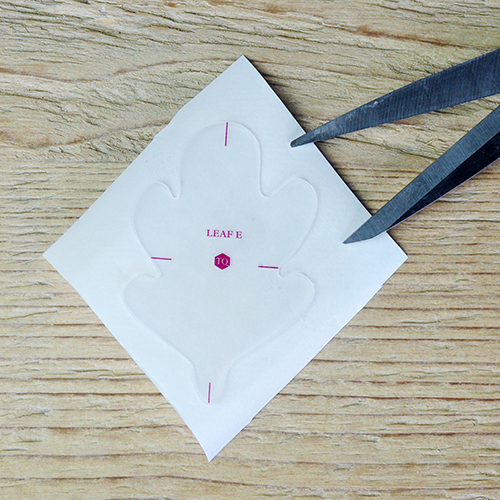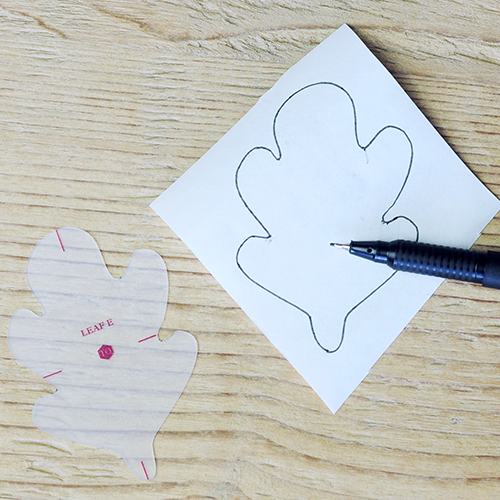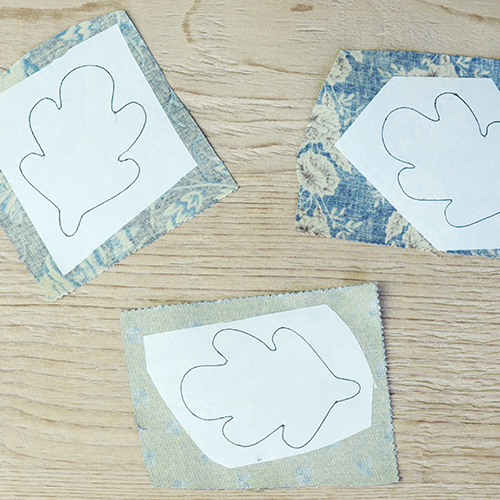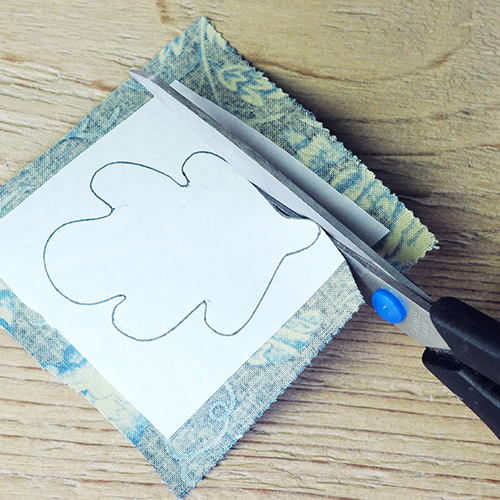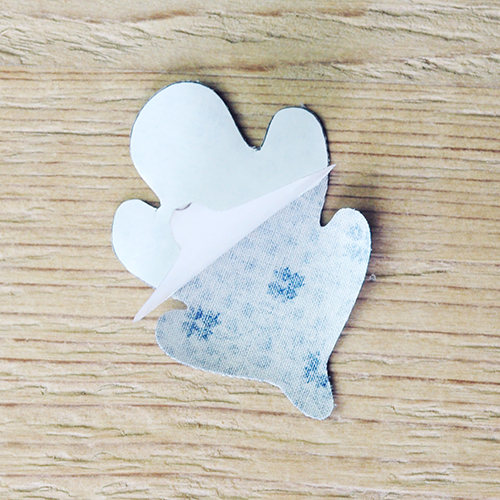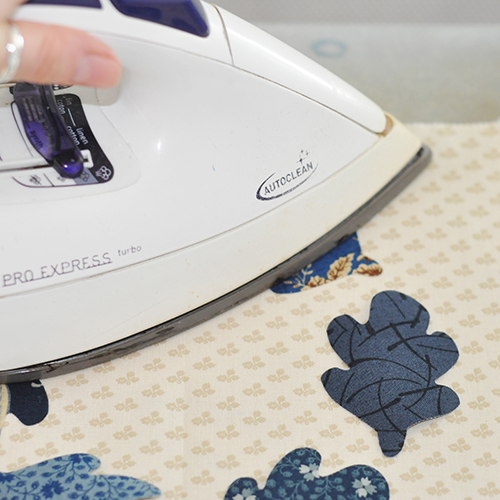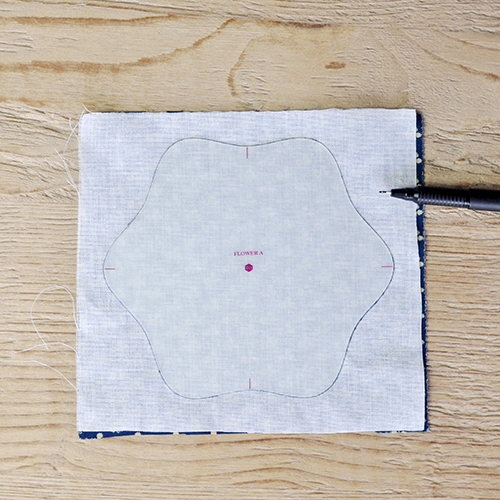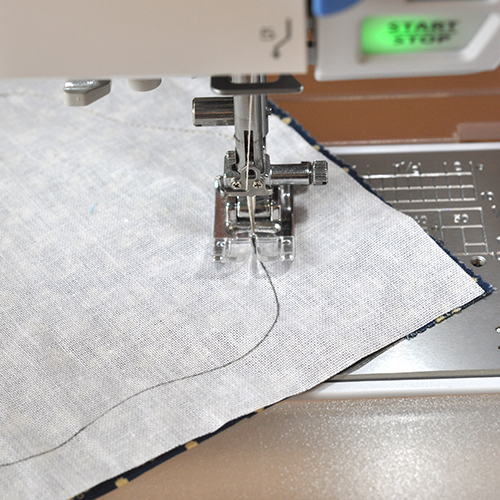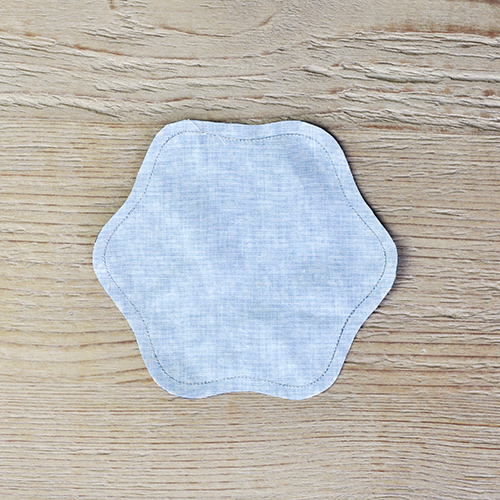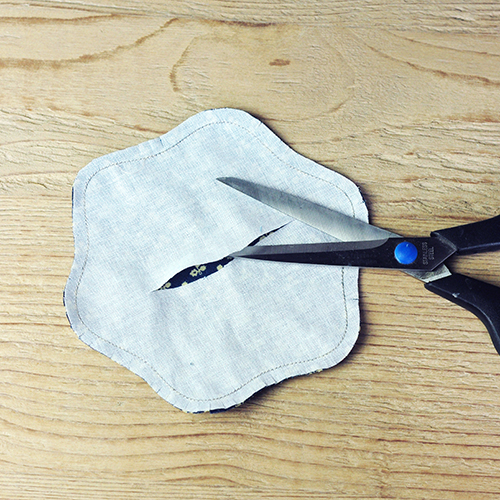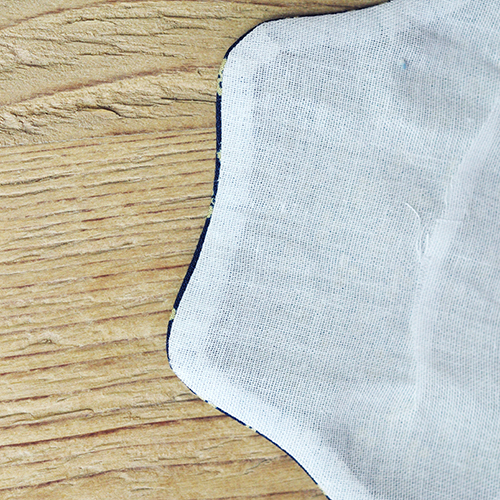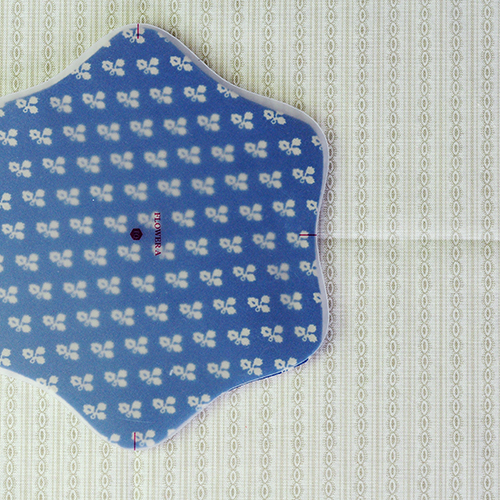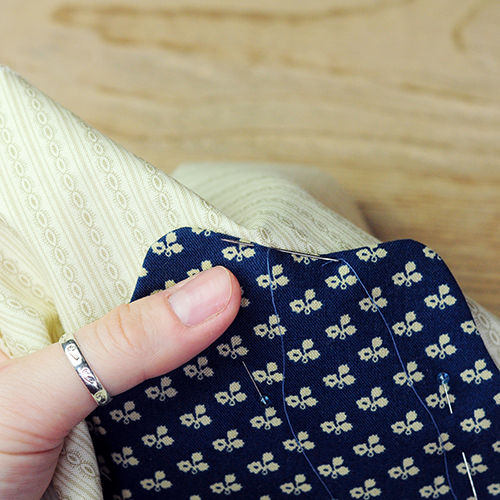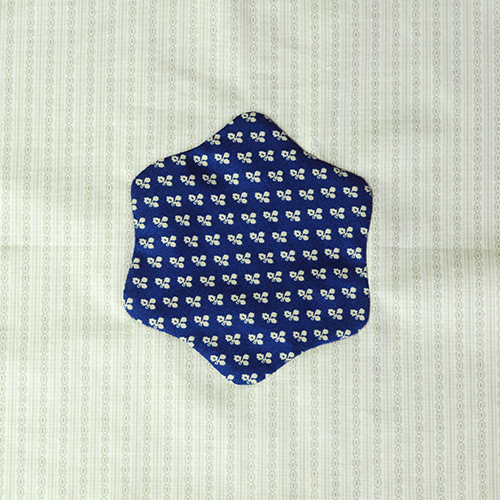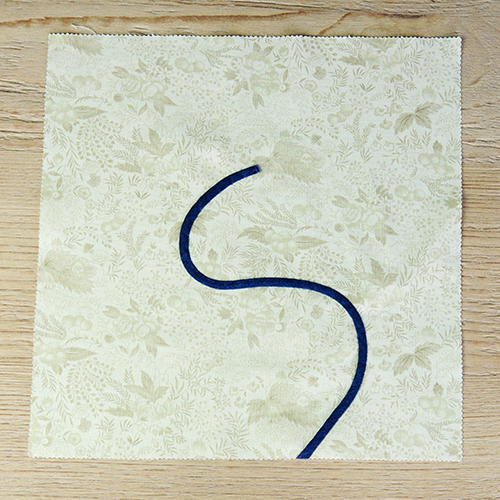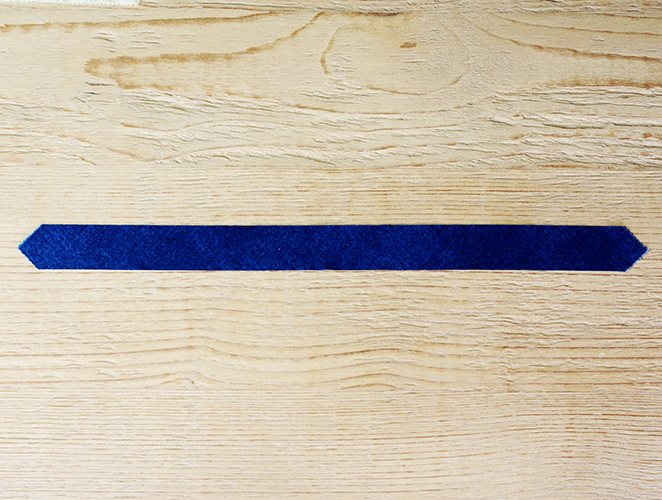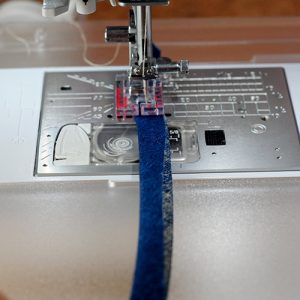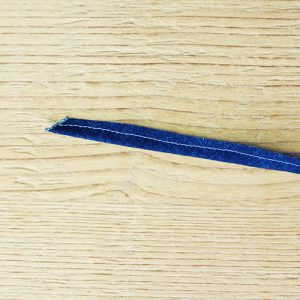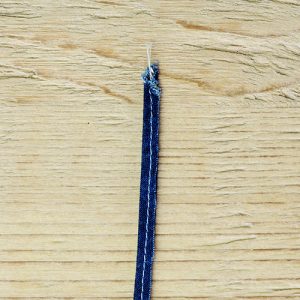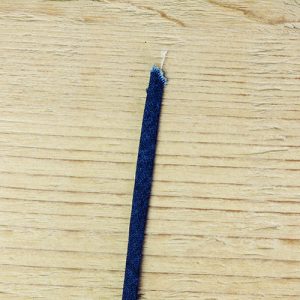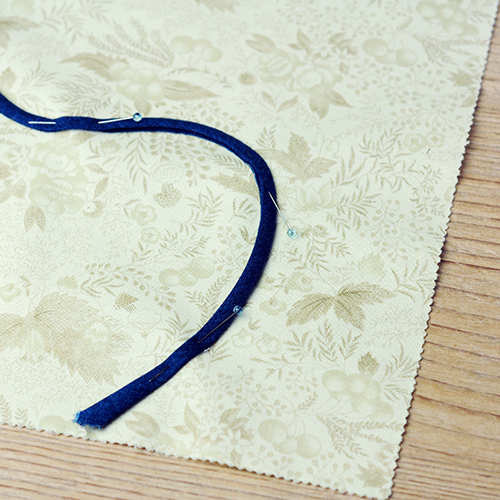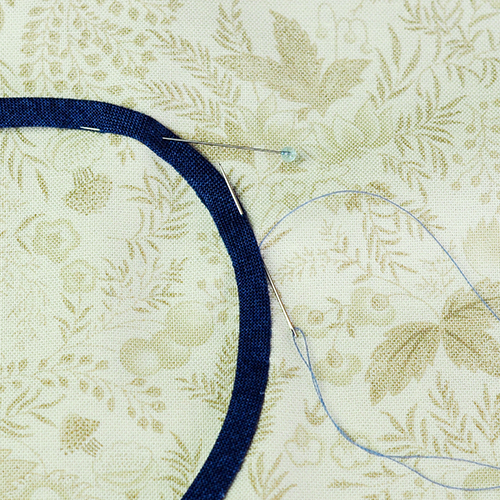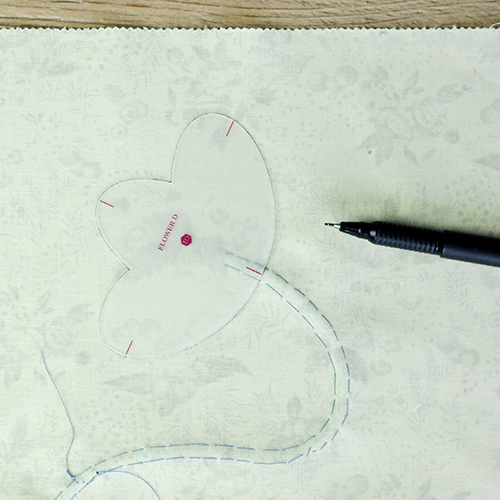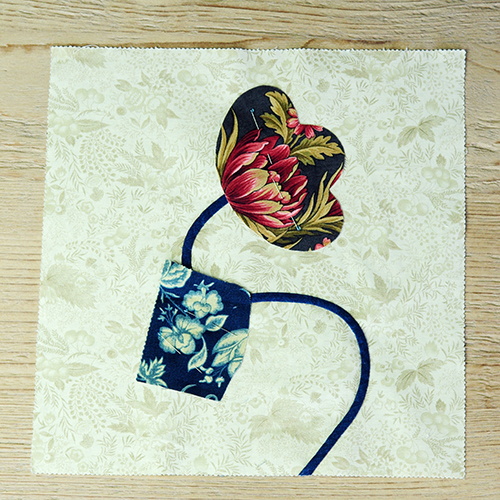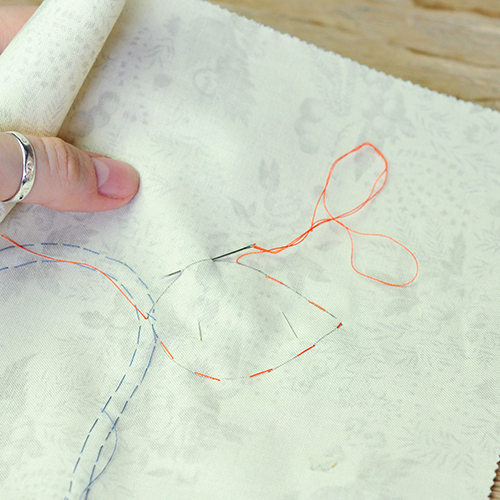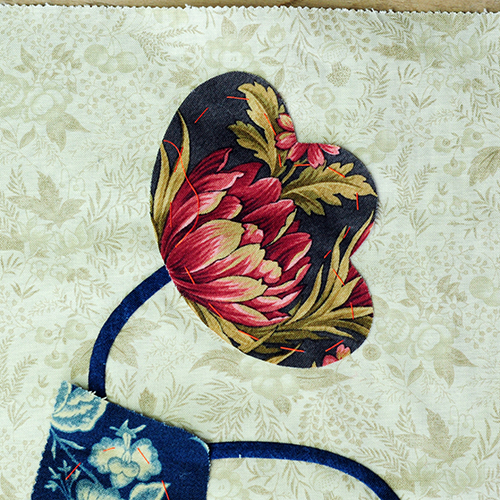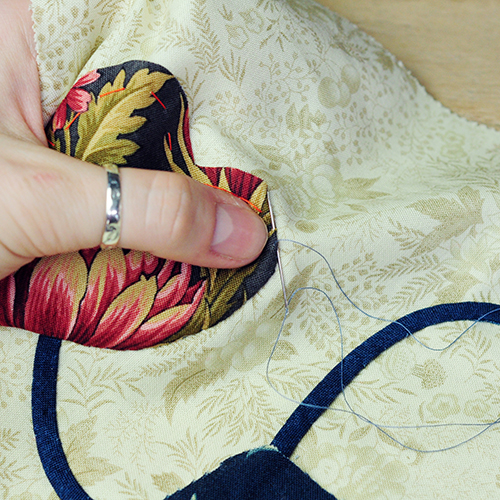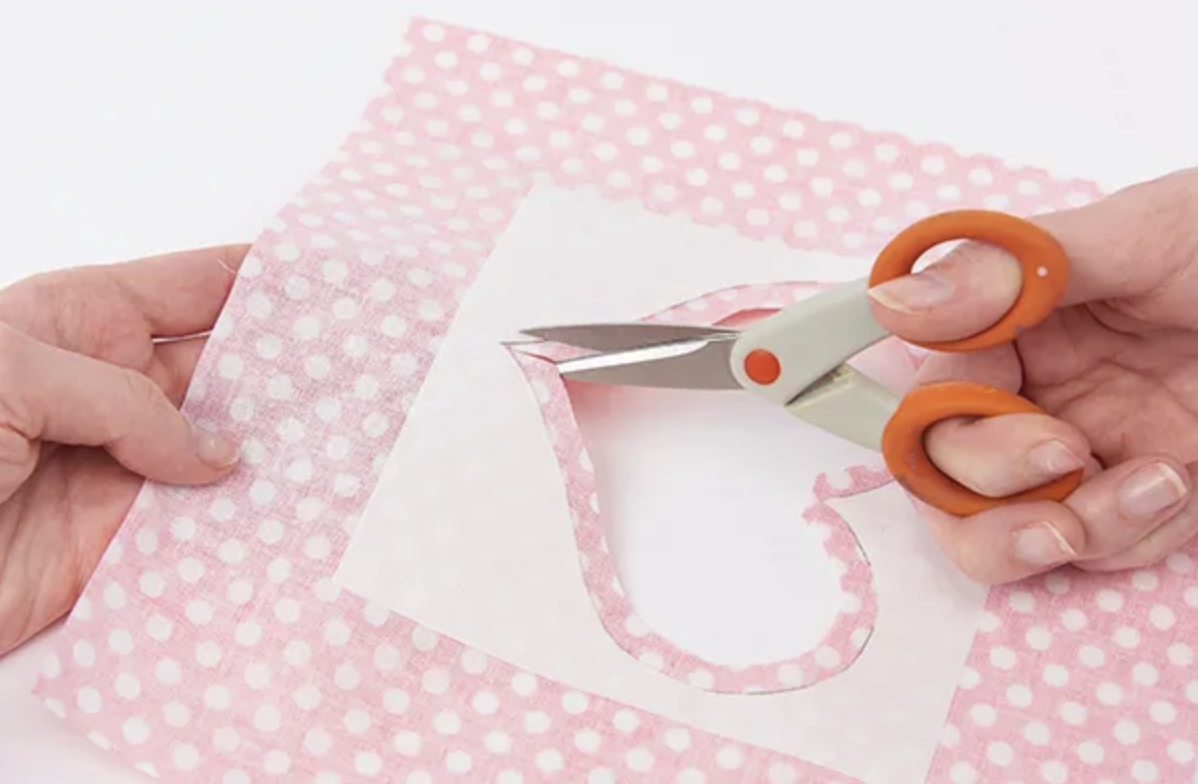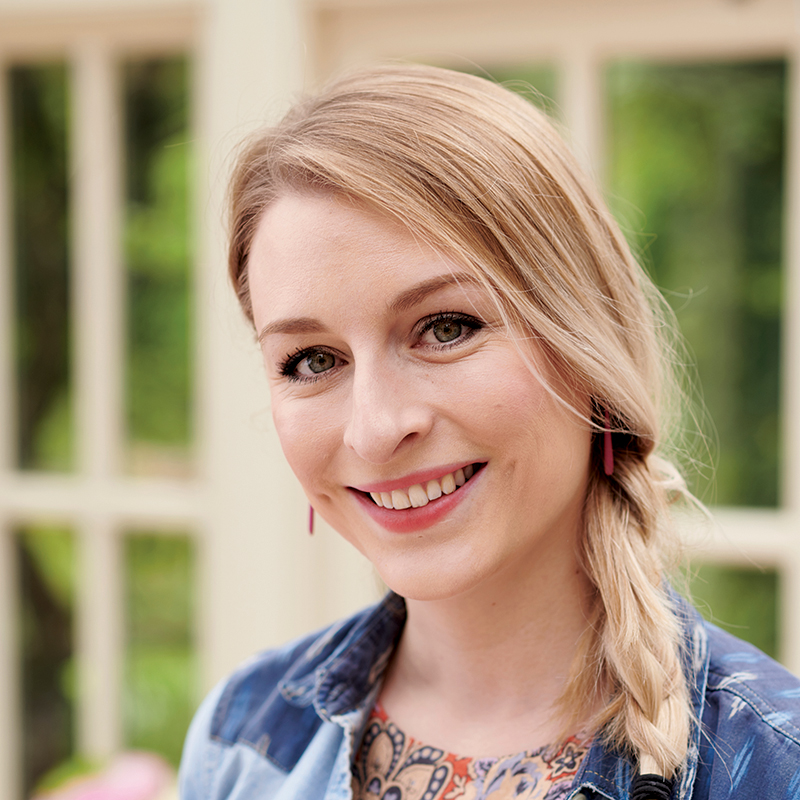How to appliqué: an introduction for beginners
Mastering how to appliqué will allow you to discover a whole world of new design options for your quilts and home sewing projects, yet many stitchers are a little unsure where to begin. That's where we come in!v
What is appliqué?
This soothing hand-stitching technique is super simple but produces beautiful results. Essentially it involves stitching fabric elements onto an item such as a quilt or piece of clothing. From a colourful initial on a pair of children's dungarees to a floral motif on a cushion, hand appliqué is a fun quilting technique that everyone should know.
If you want to learn the art of appliqué to adorn a quilt or other sewing project, there are myriad ways to do it. We're here to show you three easy methods.
Whether you're already hooked and looking to try a new method or you've tried one in the past that you didn't get on with and it stopped you from attempting appliqué again, Gathered is here to guide you.
In this post, we're going to explain what hand appliqué is and teach you three of our favourite techniques.
Your complete guide to hand appliqué
What do you need?
Stock up on these basic supplies! For more information on all these materials, take a look at Gathered's handy guide to quilting tools.
Fusible web
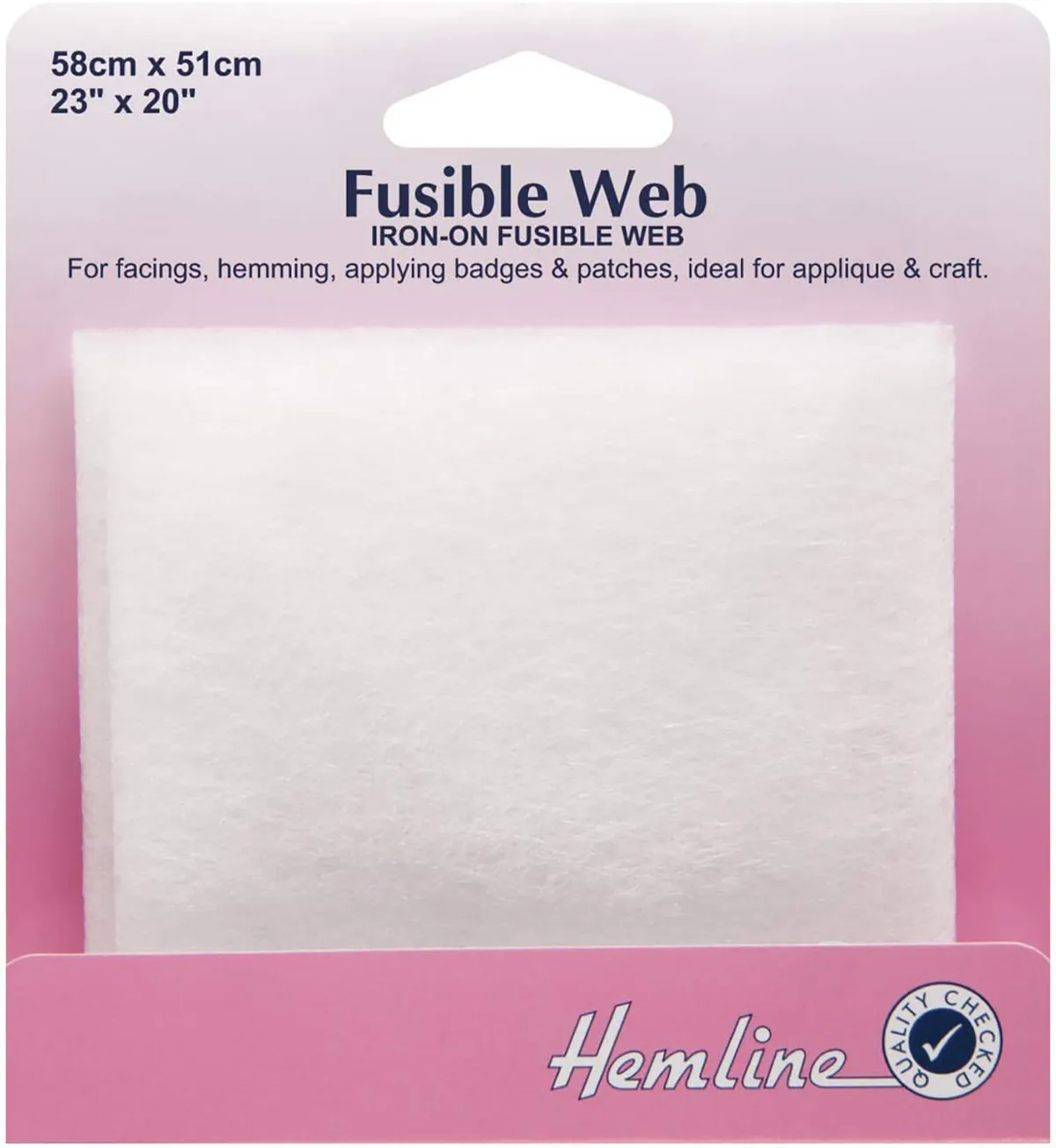
Fusible webbing is a key part of hand appliqué. It's the glue that sticks your designs to your quilt! It's cheap, easy to use, and a great time saver – we're big fans.
There are plenty of different fusible webbings available, but this affordable option from Amazon will do the job brilliantly.
Alternatively, you can also use a spray fabric glue. Head over to our guide to craft glue to discover all the different sticky options!
SQUIRREL_13188959
An iron
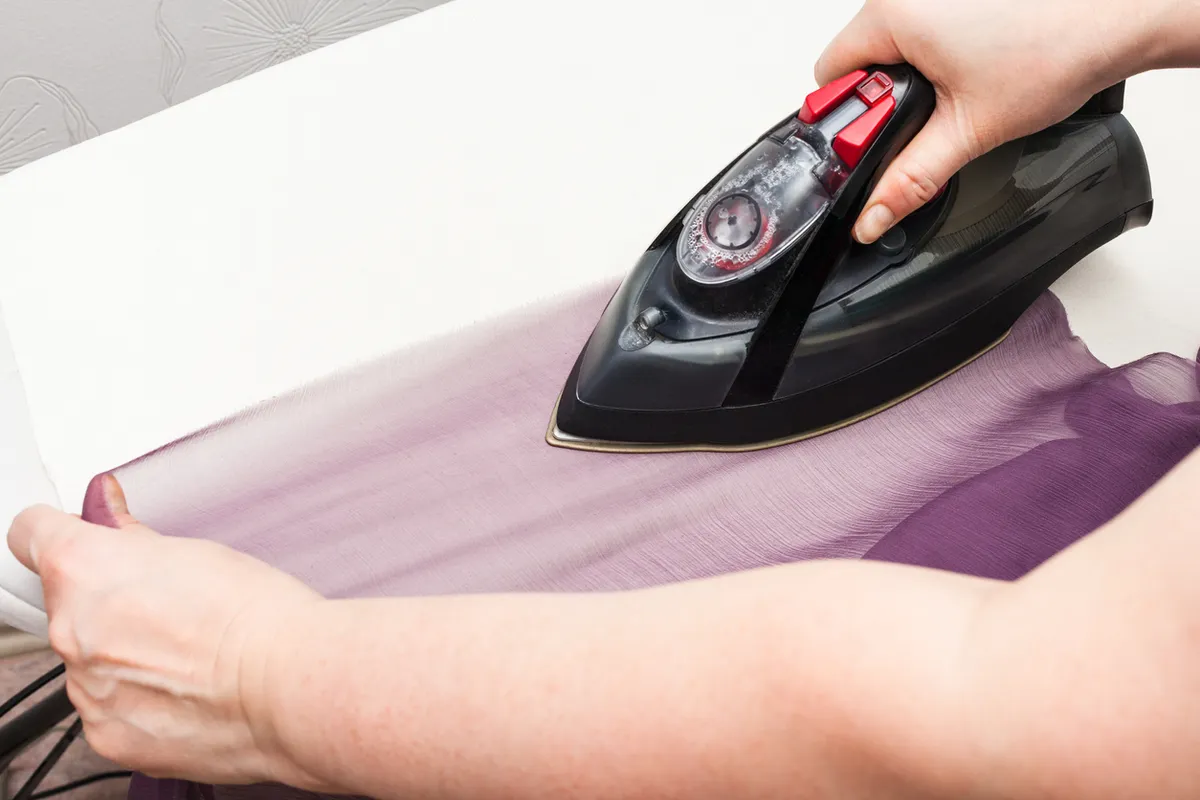
An iron is an essential tool when hand appliquéing. It's used to bind your design to your base fabric, and to finish off your pieces.
If you're looking for the perfect iron, head over to our round-up of the best irons for quilting and sewing.
SQUIRREL_13090792
Iron-on interfacing
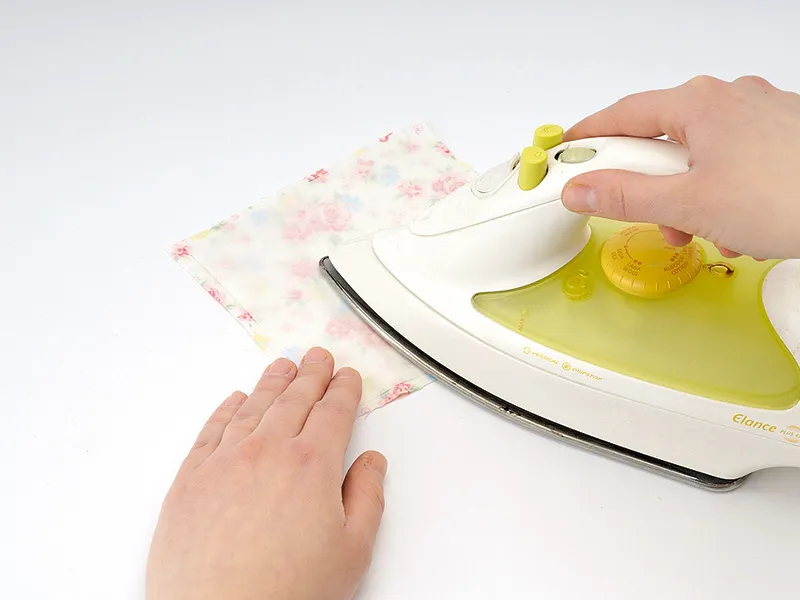
Iron-on interfacing is very similar to fusible webbing. Both are used to attach a motif to your base fabric and both use an iron to activate the glue.
The main difference is most iron-on interfacing uses a fabric substance as the glue whereas fusible webbing is plastic.
SQUIRREL_13188960
3 hand appliqué techniques: pros and cons
How to appliqué: Raw edge fusible method
- Great for complex shapes
- Creates a flat, clean look
- Quick and easy method
- Stitching can be done by hand or machine
- Iron required
- You will need a fusible web product
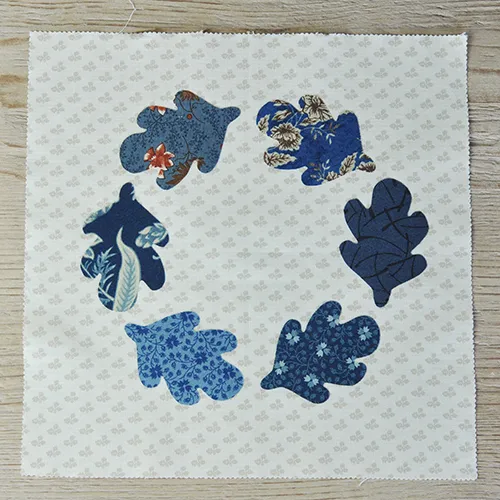
How to appliqué: the "Inside out" method
- Creates a turned edge
- Has the same look as needle-turn. Slightly three-dimensional
- Stitching can be by hand or machine
- Iron required
- You will need a lightweight interfacing or fabric
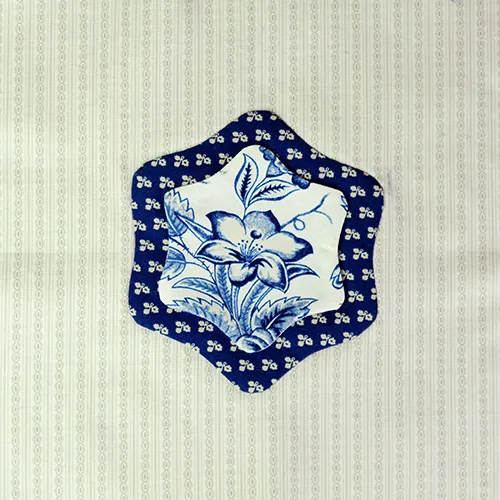
How to appliqué: Needle-turn method
- Traditional method
- Stitching is by hand
- Great for sewing on the go
- No additional products or tools are necessary
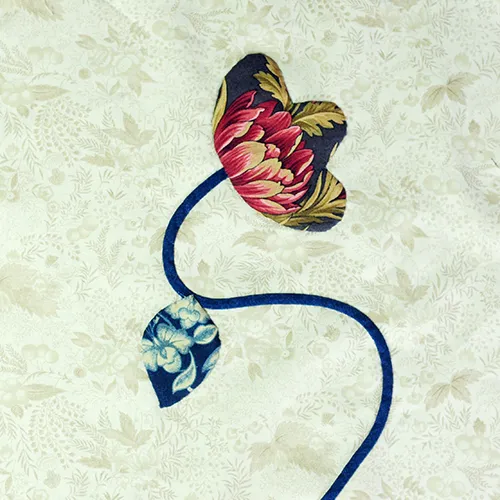

Looking for more appliqué content?
If you're new to quilting, don't forget to check out our favourite quilt kits for beginners.
